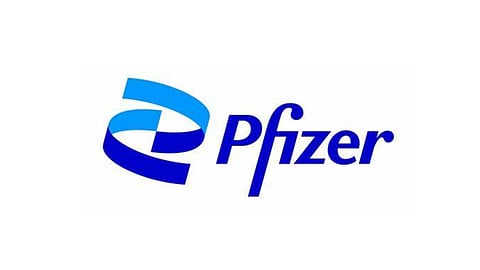

Pfizer Inc. announced that its investigational therapy, Hympavzi, significantly improved bleeding outcomes in adults and adolescents with hemophilia A or B who have developed inhibitors, according to results from a late-stage clinical trial.
Hemophilia A and B are genetic bleeding disorders caused by deficiencies in clotting factors. A major treatment challenge arises when patients develop inhibitors—antibodies that block the effectiveness of traditional factor replacement therapies, making it harder to manage bleeding episodes.
In the Phase 3 study, 48 patients with severe hemophilia A or B and inhibitors received preventive treatment with Hympavzi. Over a 12-month period, the therapy led to a 93% reduction in the annualized bleeding rate (ABR) of treated bleeds. The treatment also lowered the frequency of spontaneous bleeds, joint bleeds, target joint bleeds, and total bleeds.
Pfizer reported no deaths or thromboembolic events during the study. Based on these promising results, the company plans to engage with global regulatory authorities to pursue approval for use of Hympavzi in this high-need patient population.
Hympavzi is already approved in the U.S. for individuals with hemophilia A or B who do not have inhibitors. However, inhibitors remain a significant challenge—affecting approximately 20% of people with hemophilia A and 3% of those with hemophilia B globally—limiting the effectiveness of standard therapies for a sizable patient subset.
Despite the positive clinical news, retail investor sentiment on Pfizer remained bearish over the past 24 hours on Stocktwits, with no significant change in message volume.